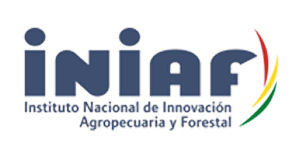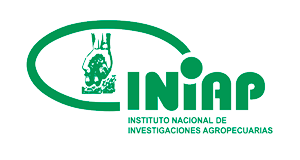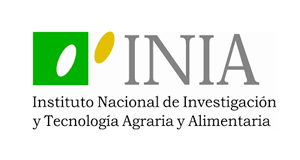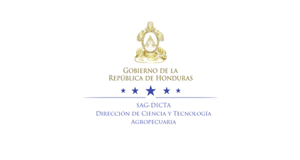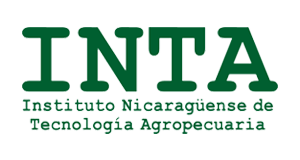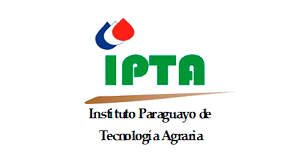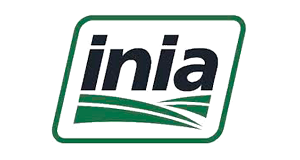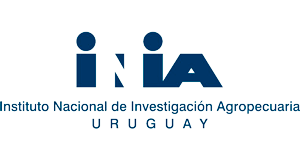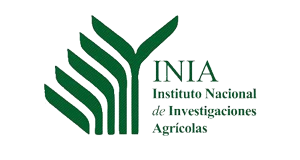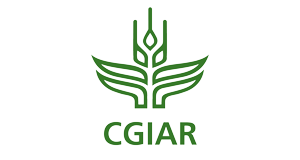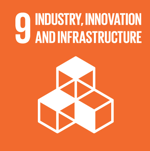Agtech: Innovation options for climate change adaptation in Central America and the Dominican Republic
Interdisciplinary networks, new products and technological solutions, characteristic of Agrotechs, provide new options to strengthen productivity and adaptation to climate change in the regional agricultural sector.
Context of the story
Asymmetries in technological development between South America and Central America and the Caribbean are significant. This study provides the state of the art of innovation in the region and its potential to develop technological solutions that impact productivity, income and adaptation to climate change.
The study provides the following perspectives and recommendations:
• Agrotech regional entrepreneurship processes.
• Evaluation of the innovation areas with the greatest future potential in Central America and the Caribbean.
• Contribution of Agrotech innovation for adaptation and mitigation of climate change in family farming.
What is the relevance of the Agrotech?
The implemented initiative
The agricultural sector in Latin America and the Caribbean has the potential to contribute to improving food security and reducing poverty, within a framework of environmental sustainability. To achieve this, the tools and strategies of the past are not enough! In the face of current and future challenges, it is critical to know, assess and validate the development of Agrotech ventures that promote - through interdisciplinary networks - new products and technological solutions that strengthen productivity and adaptation to climate change.
Which Agrotech have the major potential?
The technological solution
There is an increasingly wide spectrum of technological tools that are being progressively incorporated into the world of agriculture and food. Its relevance derives from its constant increase in data processing capacity, its versatility and robustness, for example:
• Remote sensors: measurements of soil and crops over time.
• Geolocation: generation of visual representations.
• Mobile technology: real-time weather and market information.
• Internet of things: sensors and instruments to link diverse sources of information.
• Artificial intelligence: predictive analysis and robotization.
• Big data: managing massive volumes of information.
• Blockchain: traceability along value chains.
• Robotics: automation of areas and processes.
It is necessary to consider that these technologies must withstand environmental conditions on farms, their use in connection with animals and be able to miniaturize when they are incorporated into the different rural facilities.
"Technological advances, cost reduction and greater adoption imply that more technologies will be added to the Agrotech regional innovation"
Participating countries
Results
The incorporation and strengthening of Agrotech, particularly in regions such as Central America and the Caribbean, needs specific conditions and strategies:
• Promotion of the local innovation ecosystem by incorporating relevant actors.
• Validation and adoption of Agrotech technologies from other regions.
• Legal simplification and incentives for the creation of new ventures.
• Exploring the public role in incubation and acceleration programs.
• Bringing innovations to production areas with differentiated strategies.
• Strengthening the organization and association of small-scale producers.
• Leveraging microcredits and Fin Tech to facilitate adoption by key stakeholders.

 Back to the project
Back to the project United States
United States Argentina
Argentina Bolivia
Bolivia Chile
Chile Colombia
Colombia Costa Rica
Costa Rica Dominican Republic
Dominican Republic Ecuador
Ecuador Honduras
Honduras Nicaragua
Nicaragua Panama
Panama Paraguay
Paraguay Peru
Peru Spain
Spain Uruguay
Uruguay Venezuela
Venezuela Belize
Belize El Salvador
El Salvador Guatemala
Guatemala

